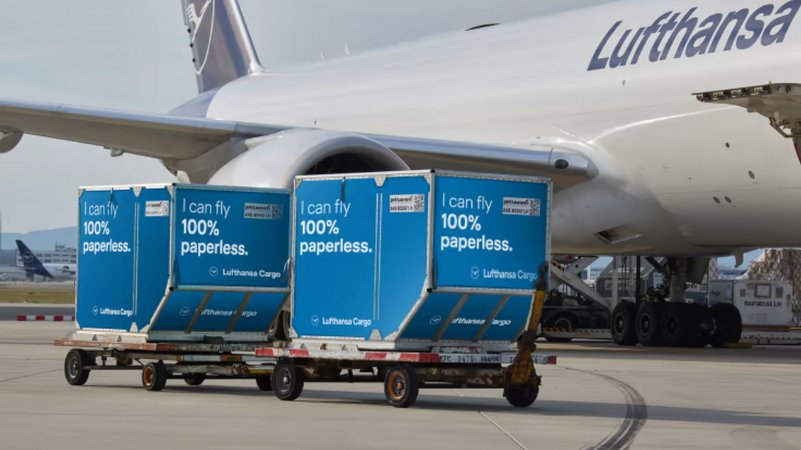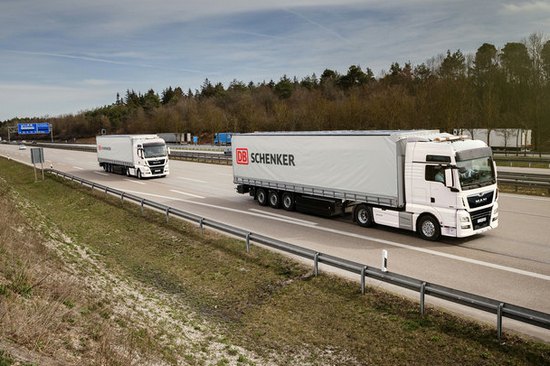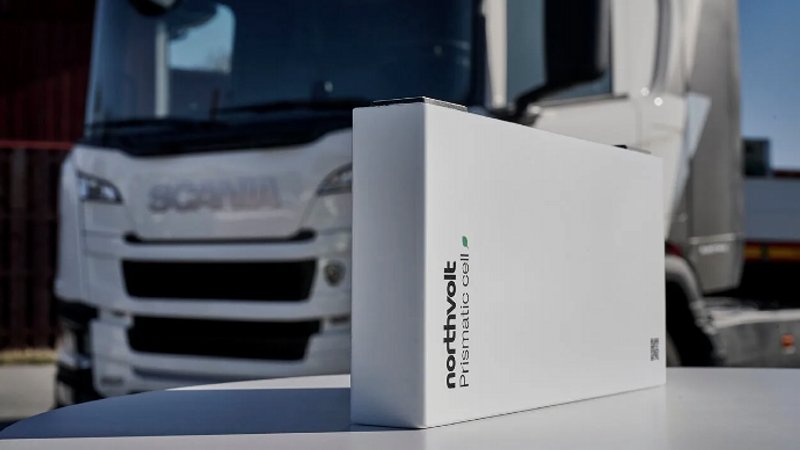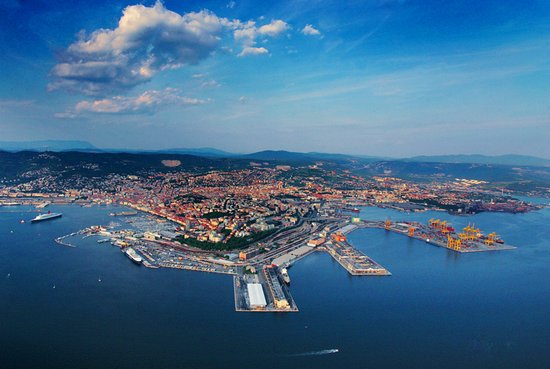France is racing against time to secure European funding for the national stretch of the Mont Cenis base tunnel, a key part of the new Turin-Lyon railway line. By the end of January 2024, the French government must apply for co-financing of the railway's final preliminary project, which, if fully developed, will extend from Lyon to Saint-Jean-de-Maurienne, the international station and entrance to the base tunnel. Missing this deadline means France could lose the European funds available through the CEF (Connecting Europe Facility) program, or otherwise wait until the next funding round, not before 2029.
Indecision, reconsiderations, and repeatedly revised project ideas have plagued French authorities, who are now pressed by the deadline. Complicating matters, the brief government crisis that led to the resignations of Prime Minister Élisabeth Borne and Transport Minister Clément Beaune on January 8, 2024, has further delayed decisions. Although the government was quickly reformed, many dossiers must be revisited, delaying immediate action. The risk of the end-of-January deadline passing without news is quite real.
The Comité pour la Transalpine, a general interest association of institutional and business supporters of the new railway line, has again raised alarms about France's delays. The committee reminds that the current CEF funding round, launched in September 2023 with a budget of seven billion euros, allows national cross-border projects to be co-funded up to 50% of their implementation cost. Missing this deadline would postpone the possibility of further funding for years.
The Comité pour la Transalpine has previously taken strong positions in favor of completing the original project between Lyon and Saint-Jean-de-Maurienne. This advocacy arose from an alternative proposal to modernize the Dijon-Modane line instead of the national stretch from the Mont Cenis tunnel entrance to Lyon's railway hub. This alternative, supported by a report from the Conseil d'Orientation des Infrastructures, a consultative body of the French Ministry of Transport, would cost significantly less at 600 million euros instead of six billion and would be easier to implement.
Meanwhile, in June 2023, Italy secured its first CEF funding of 44.5 million euros, covering 50% of the costs for the initial phase of adjustments between Bussoleno and Avigliana, with RFI launching the first tender for this investment.
Piermario Curti Sacchi



































































